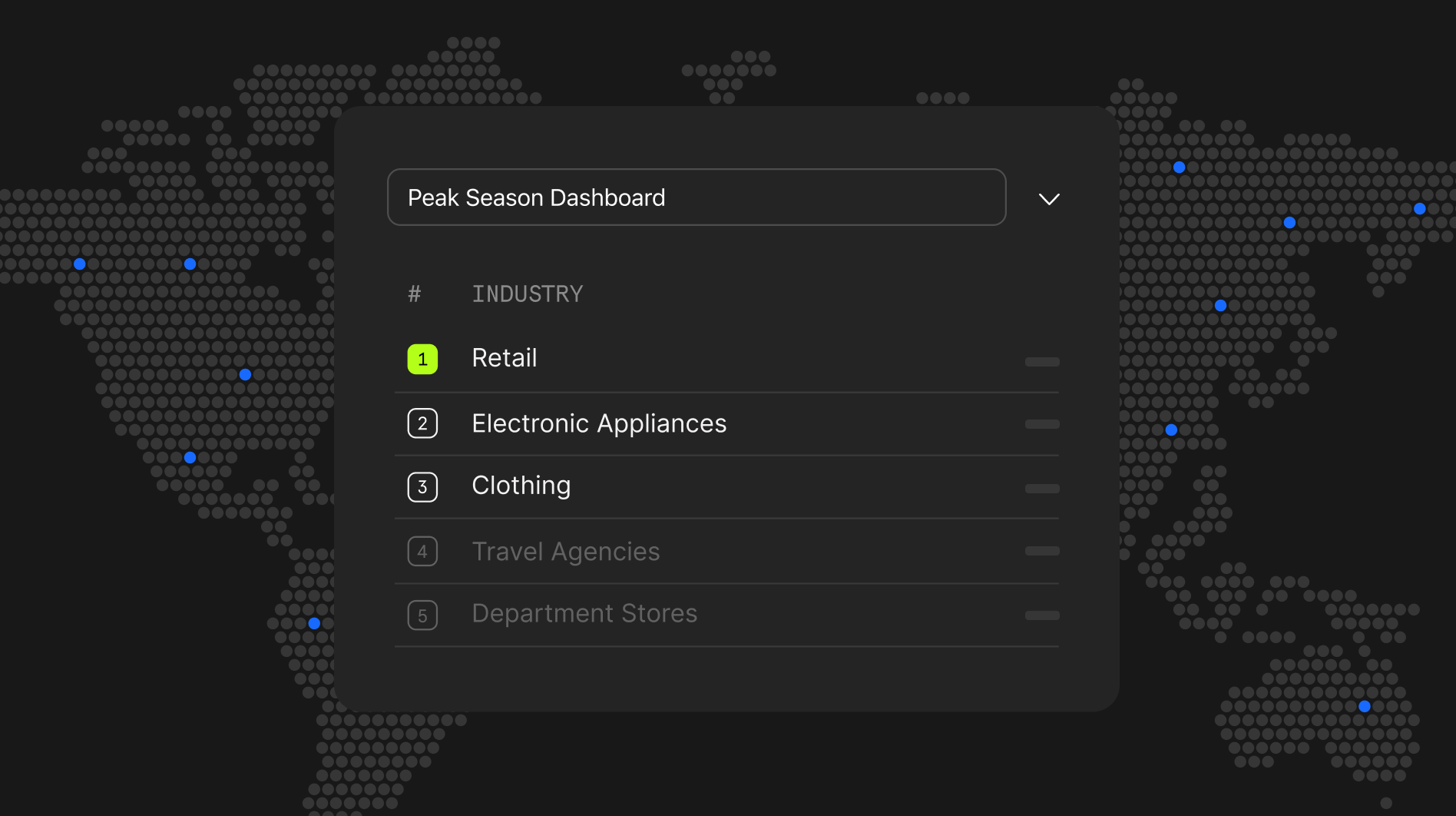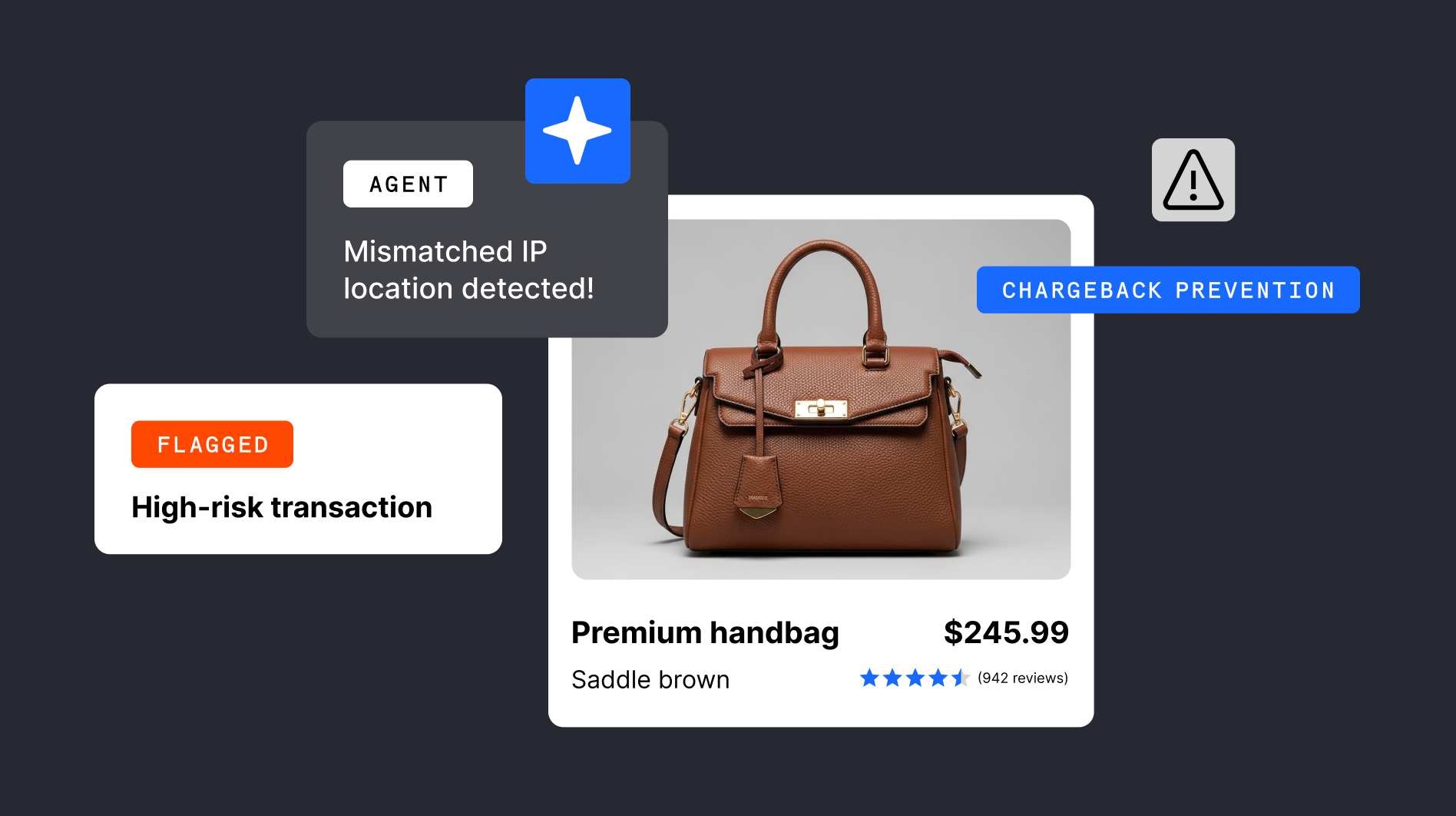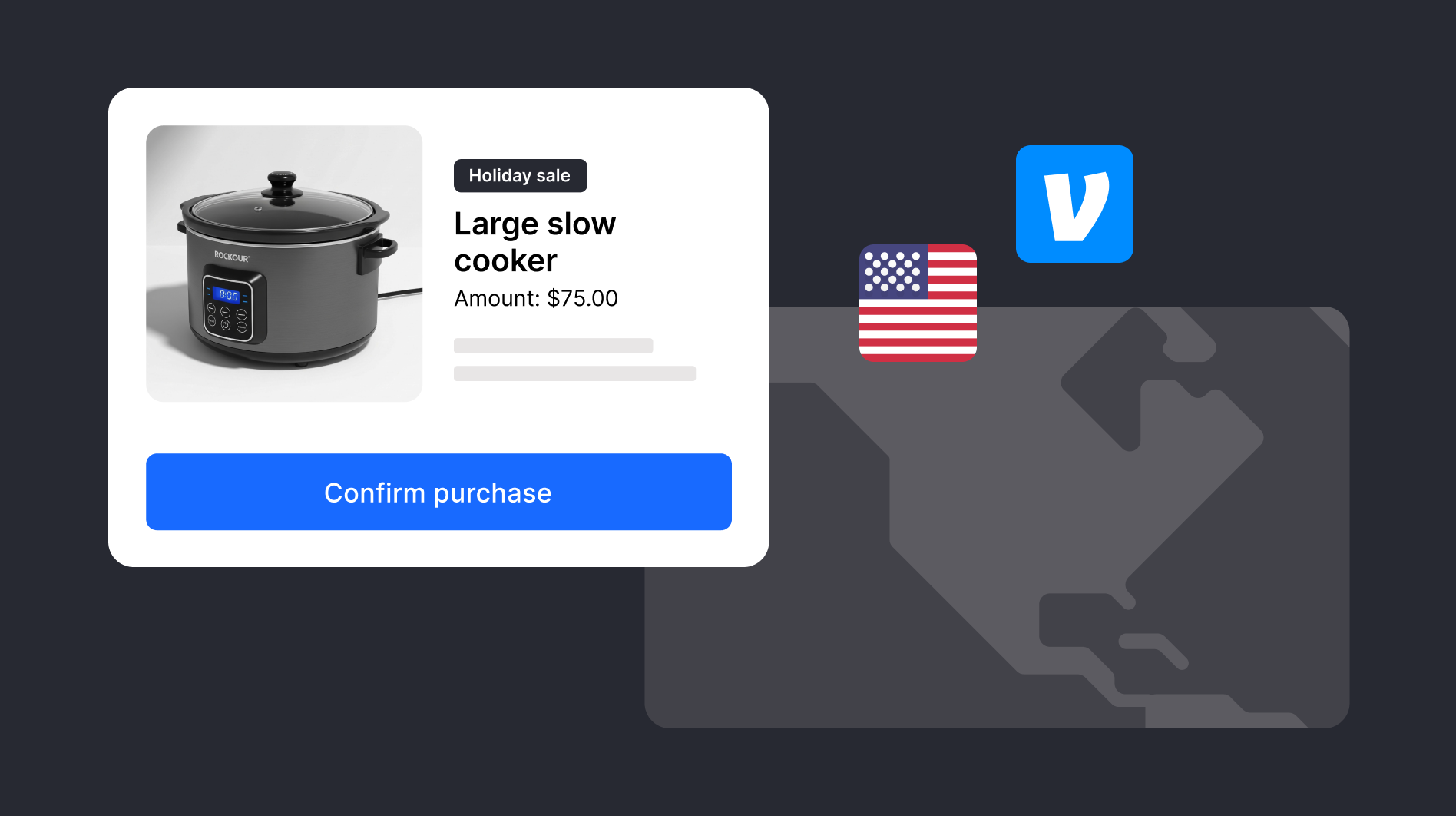At Checkout.com, we know that in the highly competitive, ever-changing online economy, merchants need as much flexibility as possible. That’s why modularity is at the core of our approach to payments.
Whether you want to bake simplicity and efficiency into your processes or you want to maximize the performance and cost-effectiveness of every element of your technology stack, a modular approach gives you the freedom to choose the strategy that works best for your business.
In this article, we explain why a modular payments stack is the best option for merchants looking to optimize their payments strategy.
What does it mean to build products in a modular way?

A modular approach allows providers to deliver a range of products and services to their customers independently of one another. This means that businesses can choose to integrate services as and when they actually need them.
Intel is a great example of a company that uses a modular platform strategy. It makes computer chips, as well as the systems and software that runs on these chips, so a customer could either choose to buy an integrated system from Intel, or they could just buy the chip and integrate it with third party systems and software. Customers have a lot of choice and flexibility to do what is right for their specific needs.
It is also possible for businesses to take a modular approach when building out their payments technology stack. For example, a merchant may choose to work with multiple PSPs, each with their own authentication solution. Alternatively, they could work with a single authentication solution that is interoperable across all the products in their portfolio of payments products.
At Checkout.com, our modular approach makes it easy for you to use all our products, like acquiring and authentication, separately.
What are the benefits of partnering with PSPs with a modular approach?
As a merchant, your payments technology is one aspect of your operations that can really benefit from the modular approach.
By building with modular payments vendors, you can streamline your operations while maintaining maximum visibility and control.
Here are the main benefits of partnering with a PSP that uses a modular approach:
Ease of integration
Integrating functions from payment providers can be inefficient and technologically challenging if they have not designed their products to be able to work independently. You could end up having to integrate - and pay for - more products and services than you want.
With a modular PSP, you just need to set up one account with a single API key that you can then leverage to integrate the products you actually need. As these services have been built to a consistent standard by the same provider, they’ve been designed from the bottom up to function together, and you avoid the hitches and glitches that can result from a misaligned tech stack.
Take control of your own technology stack

By partnering with a PSP that uses a modular strategy, you can build a fully optimized technology stack that’s tailored to the exact requirements of your business.
For example, working with a single authentication solution streamlines and improves your operations, improving performance. It also benefits your customers by ensuring a consistent user experience when authenticating a payment.
That said, you may prefer to work with multiple authentication solutions so that you can compare the performance of different providers.
The key point is that, by working with a modular system, you have the option to choose the strategy that works best for your business. It gives you more flexibility and control.
Diversify in the areas that matter to you
A modular payment platform gives you the freedom to work with multiple suppliers in some areas and a single supplier in others.
This kind of diversification strategy means you get the best of both worlds. You can decide to adopt a multi-supplier approach for your authentication needs to be cost-effective and more resilient, but then opt for a single supplier for your data needs, simplifying your processes and allowing data to flow freely through your organization.
Add and change providers more easily
A PSP with modularity at its core gives you maximum flexibility to add or remove providers at every stage of the payment lifecycle. In contrast, if your entire payments stack is run through one supplier, it will be much more challenging to make changes, and therefore much harder to optimize your operations.
This is the best approach for businesses looking to avoid being locked-in with a single payments partner. Even if you do use a single supplier, you will want to fully understand what it is you are paying for. Modular PSPs will price their products individually, which means you won’t get lumped together pricing and will be able to fully understand the ROI of each element. If there are any functions you don’t want, you can easily choose not to take them and avoid paying for things you don’t need.
Learn more: Optimizing your payments so you can reduce costs
Use the best products in each area of the payments process
PSPs that provide unbundled solutions have an incentive to ensure that each of their products provides the best performance and features.
What works for a US-based ecommerce platform, for example, may not work equally well for a subscription business targeting the European market. Different suppliers are optimized for different sectors and regions.
By making it easy to add or remove suppliers, a modular solution meets these diverse needs. You can choose the best products and providers for each stage of the payment lifecycle, and the ones whose features are best suited to your location or industry.
If it makes sense for your business, you could even build and integrate your own technologies into parts of the payments flow - such as your designing your own performance engine.
Better data transparency
Having full oversight and use of your data is essential for assessing the effectiveness of your strategies and refining your approach. A PSP based on a modular system, like Checkout.com, optimizes the flow of data through your organization and makes it easy to share data with other providers. This means it's possible to get key insights in front of the most relevant people when it matters, who can use those insights to make quick and impactful decisions.
Similarly, a modular approach gives you full visibility over the pricing of each individual element in your technology stack, ensuring you can get maximum value from your products.
Read more: A guide to payment analytics
Learn more about Checkout.com’s modular payments platform
Checkout.com’s modular payments platform gives you full flexibility to build a technology stack that works for your business.
If you prefer the simplicity of one set of processes, our end-to-end payment processing solution can manage all your payment needs. Or, if you want to pick and choose the vendors that give you the most optimal setup, you can use our products separately alongside those of other PSPs.
Our modular approach to developing our products means we set the highest standards for ourselves.
Take our Authentication solution as an example. As we offer this product standalone, we know we are going up against every authentication vendor in the world. We know it has to be a best-in-class solution. And that goes for all our products. We want them to be able to stand up on their own as great solutions, and also work seamlessly together if you are looking for a partner across the whole payment flow.
That’s why we’ve invested everything in ensuring that our solutions can rival the best in the market, and our performance, client base, and global reach speak for themselves.
To learn more about how we can help your business improve your digital payments performance, get in touch with one of our experts today.
.png)










.png)




